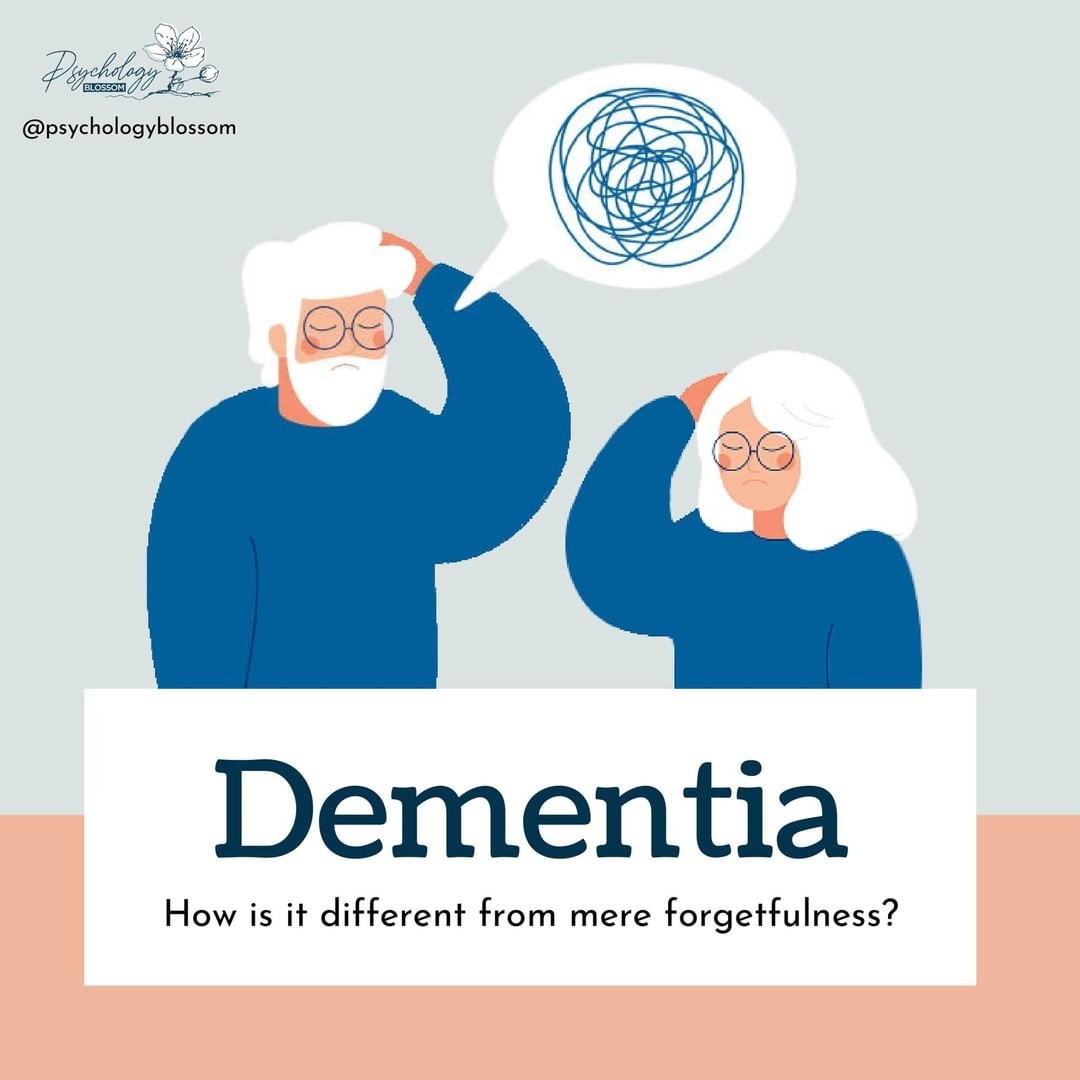Learn about dementia signs, its symptoms, risk factors, and effective caregiving strategies for loved ones in Singapore.
Dementia is a general term for the loss of memory, language, problem-solving, and other cognitive abilities that interferes with daily functioning. According to the Well-being of the Singapore Elderly (WiSE) study by the Institute of Mental Health, one in 10 aged 60 and above are at risk of developing dementia. With the growing ageing population in Singapore, dementia is definitely an issue that must not be overlooked.
Incidental forgetting, such as occasionally misplacing your house keys or struggling to remember the name of someone you just met, is not unusual. However, our knowledge, old memories, and language abilities remain intact. It may be an indication of dementia signs when these cannot be recalled.
The most common form of dementia is Alzheimer’s disease, which accounts for 60% to 80% of cases. Alzheimer’s disease is a neurodegenerative disease that is diagnosed based on medical history, brain imaging scans, blood tests and psychological assessments. Although there are medications and lifestyle changes that can help manage symptoms, there is no known cure.
Dementia Signs and Symptoms
- Getting lost in a familiar neighbourhood
- Using unusual words to refer to familiar objects
- Forgetting the name of a close family member or friend
- Forgetting old memories
- Not being able to complete tasks independently
Dementia Risk Factors
- Old age as most cases of dementia are in individuals aged 65 years and above
- Family history of dementia
- Poor heart health such as high blood pressure, high cholesterol and smoking
- Traumatic brain injury
How to Care for Someone with Dementia?
✽ At Home/ For Someone You Know
- Do not expect them to remember, as this will be frustrating for them
- Simplify activities and communication
- Encourage them to exercise daily and maintain social activities
- Use adaptive equipment, such as grab bars or ramps, to make it easier for the person to get around.
✽ In Public
- Even if you do not directly know someone with dementia, you may come across them in public. They may leave the house and face difficulties navigating their way home. Here are some things you can do to help:
- Keep a lookout for people who demonstrate the dementia symptoms of dementia.
- Patiently and clearly interact with them by asking “Can I help you?”
- If they appear lost, you can look for an identification card to find their house address or next-of-kin’s contact.
- In the event of an emergency, you can call the police at 999.
- Certain SMRT train stations in Singapore have Dementia Go-To-Points. You can bring individuals to these checkpoints, where trained SMRT staff will assist them in locating and reuniting with their caregivers.
Dementia Prevention and Healthy Habits
While dementia cannot always be prevented, research suggests that healthy lifestyle habits can reduce the risk or delay onset:
- Maintain physical activity: Regular exercise improves blood flow to the brain and supports overall cardiovascular health.
- Eat a balanced diet: Diets rich in fruits, vegetables, fish, and whole grains, such as the Mediterranean diet, are linked to better cognitive health.
- Keep the brain active: Reading, solving puzzles, learning new skills, and engaging in meaningful hobbies can stimulate cognitive function.
- Stay socially engaged: Maintaining strong social connections helps reduce isolation, which is a risk factor for cognitive decline.
- Manage chronic conditions: Controlling diabetes, high blood pressure, and cholesterol levels reduces vascular damage that may contribute to dementia.
- Avoid smoking and limit alcohol: Both have been shown to accelerate cognitive decline.
- Ensure quality sleep: Poor sleep and untreated sleep apnea can worsen memory and brain health.
By adopting these preventive measures early in life and sustaining them, individuals can improve brain resilience and potentially delay the onset of dementia signs and symptoms.
Dementia care also involves supporting caregivers, who often experience emotional and physical strain. It may be hard to notice dementia signs into your loved ones. Providing respite opportunities, encouraging support group participation, and seeking professional guidance can help caregivers maintain their own well-being while ensuring quality care for loved ones. Communities that are more dementia-aware, with inclusive facilities and public understanding, also make a profound difference in improving the lives of those affected.
Dementia is a brain change, not a character flaw. You and your loved one deserve patience, dignity, and small, doable steps. Focus on strengths and moments of connection: familiar music, photo albums, simple games, a short walk. Create predictability with gentle routines, clear labels, calendars, and one-step prompts. Offer simple choices (“tea or water?”), validate feelings, and avoid arguing the facts—kindly join their reality and reassure. Keep spaces safe with good lighting and minimal clutter, and encourage unhurried meals, hydration, and rest.
If behaviour shifts suddenly, check for treatable causes like pain or infection. Occupational or speech therapy, cognitive stimulation, and caregiver support groups can make daily life easier. Share the load—respite care helps. Planning ahead (medical and practical) brings calm. You’re not alone, and small wins add up.
We recommend This Video to those who want to learn more about Dementia signs.
